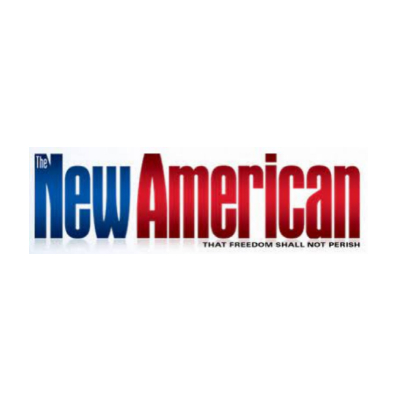 The New American Article Rating
The New American Article RatingItaly Calls for "European Army" - The New American
- Bias Rating
30% Somewhat Conservative
- Reliability
30% ReliableAverage
- Policy Leaning
68% Medium Conservative
- Politician Portrayal
-43% Negative
Continue For Free
Create your free account to see the in-depth bias analytics and more.
Continue
Continue
By creating an account, you agree to our Terms and Privacy Policy, and subscribe to email updates. Already a member: Log inBias Score Analysis
The A.I. bias rating includes policy and politician portrayal leanings based on the author’s tone found in the article using machine learning. Bias scores are on a scale of -100% to 100% with higher negative scores being more liberal and higher positive scores being more conservative, and 0% being neutral.
Sentiments
7% Positive
- Liberal
- Conservative
| Sentence | Sentiment | Bias |
|---|---|---|
Unlock this feature by upgrading to the Pro plan. | ||
Reliability Score Analysis
Policy Leaning Analysis
Politician Portrayal Analysis
Bias Meter
Extremely
Liberal
Very
Liberal
Moderately
Liberal
Somewhat Liberal
Center
Somewhat Conservative
Moderately
Conservative
Very
Conservative
Extremely
Conservative
-100%
Liberal
100%
Conservative

Contributing sentiments towards policy:
55% : " Eventually, the EU approved the establishment of a common defense strategy last year, which enabled the setting up of a 5,000-strong "rapid deployment" force -- falling considerably short of a common army.48% : Italian Foreign Minister Antonio Tajani told Italy's La Stampa newspaper on January 7 that European Union leaders should set up a common European army.
46% : In an interview with Die Zeit published on December 3 last year, former German Foreign Minister Joschka Fischer asserted that the EU has to get its own nuclear arsenal to better deter Russia.
45% : After Poland took a $2 billion loan from Washington to overhaul its military and welcomed the first permanent garrison of American troops to a base in Poznan, then-Defense Minister Mariusz Błaszczak stated in November that "any competition between [NATO] and the EU when it comes to security is a very bad thing," and that Warsaw had opted for a close partnership with the U.S. over "some imaginary European army.
44% : When talk of an independent European army first surfaced 20 years earlier, then-U.S. Secretary of Defense William Cohen was more direct, lambasting the idea as "a threat to the very existence of NATO.
36% : The diplomat went on to highlight that these developments forced Moscow to "resort to compensatory measures amid the general increase of threats posed by NATO."
34% : When questioned by Die Zeit as to whether he thought that Germany should acquire nuclear weapons, the former politician replied in the negative, stating that it should be the EU instead.
*Our bias meter rating uses data science including sentiment analysis, machine learning and our proprietary algorithm for determining biases in news articles. Bias scores are on a scale of -100% to 100% with higher negative scores being more liberal and higher positive scores being more conservative, and 0% being neutral. The rating is an independent analysis and is not affiliated nor sponsored by the news source or any other organization.





















